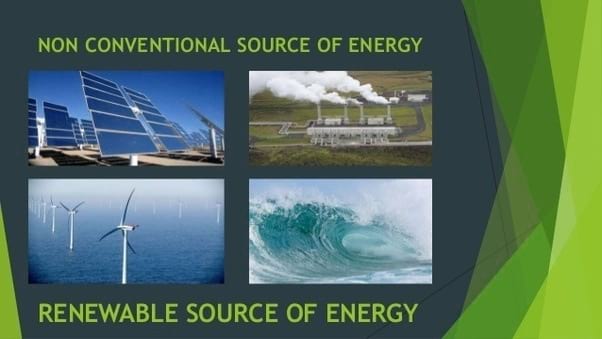Most of the technology that we use today need to be powered using conventional sources of energy like electricity, nuclear reactors

However, these sources of energy are not the most ideal choices for our planet with respect to sustainability and cleanliness. NCERT solution of class 10 science
Hydrogen
Hydrogen is being considered as an alternative to electricity as it is clean and renewable. Furthermore, hydrogen is the most abundant element in the universe, making up almost 75% of the normal matter. Even our Sun, in its current stage, is made up of 74.9% hydrogen (total mass). Hydrogen is currently being used as a source of fuel and power for rockets. Technological advancements unveiled the hydrogen fuel cell and it is economically feasible as a fuel source for transportation. It is also one of the cleanest alternatives with the only byproducts being water and carbon-dioxide. Furthermore, hydrogen fuel cells are more efficient than traditional diesel and petrol engines.
Algae
Algae are organisms that range in size from single-celled phytoplankton to multicellular seaweed. These are photosynthetic organisms that can harvest the energy of the sun to make their own food. It’s significance as a source of fuel was discovered during World War 2 by scientists trying to overcome potential shortages of transportation fuel. Today, the oily part of the algae is extracted and processed into biodiesel. Biodiesel is eco-friendly and burns cleaner than petroleum diesel, and moreover, it can be produced on demand. Biomass fuels take just a few days to replenish its sources, instead of the millions of years fossil fuels take. Algae is also economically viable to grow than terrestrial fuel plants as its yields are higher per square inch.
Learn more about unconventional energy sources or any other related topics through our NCERT solutions on BYJU’s website. Alternatively, subscribe to our YouTube channel to watch interesting videos about science.


